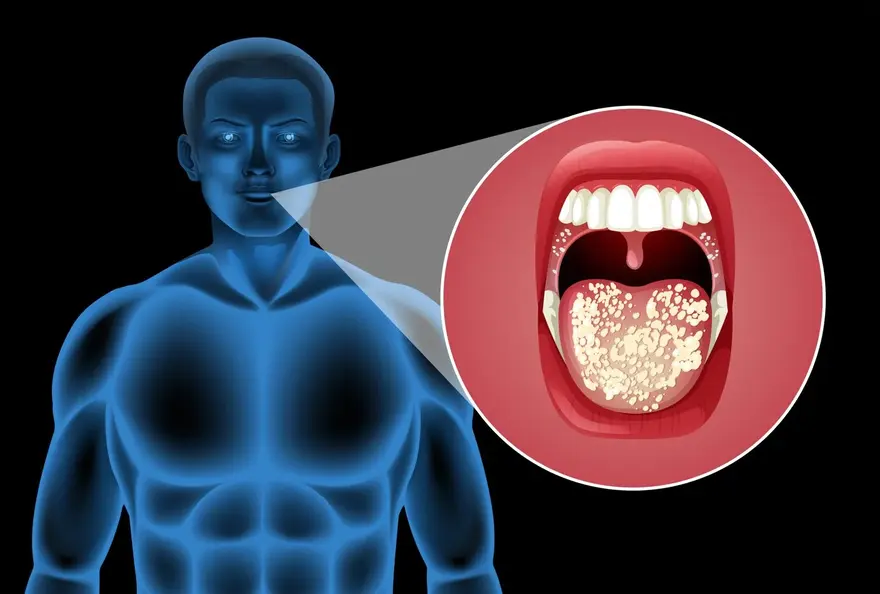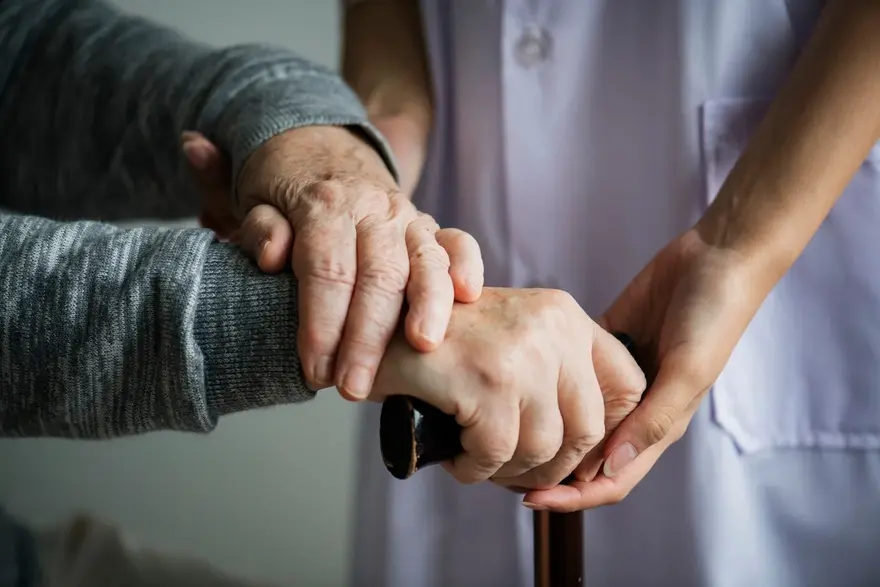Preventive Healthcare
10 Warning Signs and Symptoms of Dengue Fever
191543 Views
0

Dengue is also known as break-bone fever. It is among the most deadly mosquito-borne diseases. It's a viral disease, unlike malaria, with an annual infection rate of 100-400 million across tropical and subtropical nations. Dengue fever is not a contagious infection. But it spreads through the bite of infected Aedes aegypti mosquitoes.
Early dengue symptoms include recurrent fever, body rashes, and persistent weakness. For prolonged symptoms, do not self-administer without consulting a physician. Check out this blog to learn about prevalent dengue signs before seeking clinical consultation.
List of Ten Worrying Signs and Symptoms of Dengue
Whether mild or severe infection, these are among the most prevalent dengue symptoms that suggest immediate clinical attention. It includes:
- Persistent High Fever
- Incessant Headaches
- Severe Body Aches
- Unprecedented Rashes
- Ocular Pain
- Prolonged Fatigue
- Severe Abdominal Discomfort
- Swollen Lymph Nodes
- Recurrent Nausea and Vomiting
- Internal Bleeding
1. Persistent High Fever
Persistent fever above 100.4 F (two degrees above the natural body temperature) suggests signs of dengue. Also known as the seven-day fever, it includes skin bruising and blood in urine and stool.
If the fever relapses over a week despite consuming antipyretics, consult your physician to undergo a thorough evaluation of the suspected dengue virus.
2. Incessant Headaches
Dengue fever symptoms include intense headaches that impart a throbbing ache that lies between the frontal and retro-orbital lobes. It spreads bilaterally and moves around with repetitive occurrences.
Dengue headaches are recurrent, meaning analgesics cannot prevent them from coming. For incessant headaches, don't self-administer without the consultation of your physician.
3. Severe Body Aches
Dengue fever symptoms include severe body aches, making it the infamous break-bone fever. As the viral infection proliferates into your muscles, spontaneous inflammation leads to excruciating body aches that temporarily reduces with analgesics.
Severe body aches are among the most popular dengue signs. Besides, the pain spreads all over the body affecting muscle joints like limbs, mouth, and back. We suggest consulting your physician to get diagnosed for underlying dengue symptoms without neglecting the recurring body aches.
4. Unprecedented Rashes
Dengue symptoms also include unexplained red and purple rashes after the onset of the viral infection. It may lead to skin bruising, suggesting internal bleeding under the epidermis. These rashes may appear similar to measles, but the difference lies in their recurrent appearance, unlike chicken pox.
The sudden breakout of rashes from dengue infection is different from allergic reactions. These rashes won't be reduced with antihistamine medications, meaning a clinical consultation is the best choice to get treated for underlying mosquito-borne diseases.
5. Ocular Pain
Dengue fever symptoms include pain in the back of your eyes. You may experience it besides the incessant headaches with a feeling of throbbing pain moving around. It also causes ocular inflammation and marked redness of the eyes (uveitis) from subconjunctival haemorrhage.
Unlike other illnesses, dengue leads to excruciating eye pain and reddish eyes. If you experience these symptoms, visit your doctor for extensive consultation without self-administering OTC drugs to reduce inconvenience.
6. Prolonged Fatigue
Also known as break-bone fever, signs of dengue also include prolonged fatigue. Since the dengue virus infiltrates your muscles, it leads to rapid inflammation and consistent body aches. The pain may last over weeks with concurrent spasms.
Do not self-administer analgesics if you experience unexplained physical discomfort with similar signs of dengue fever symptoms. Reach out to your physician to get diagnosed with suspected signs rather than neglecting symptoms that may require hospitalisation for a complete cure.
7. Severe Abdominal Discomfort
Dengue fever symptoms include severe abdominal discomfort that manifests as cholecystitis, colitis, hepatitis, and pancreatitis. It leads to bloating and profuse pain all over the abdominal region.
Dengue infection can also affect vital organs like the gallbladder and liver, leading to subserosal fluid accumulation. If you experience consistent belly aches, consult your physician before self-administering anti-spasmodic drugs or broad-spectrum antibiotics.
8. Swollen Lymph Nodes
Dengue infections can also affect lymph nodes all over your body. It causes severe inflammation, besides being detected by a swollen neck region. The underlying damage includes thymus atrophy, bone marrow hypoplasia, reduced lymphatic cell count and lymph node infarction.
If you experience swollen lymph nodes with dengue fever symptoms, consult your physician for a thorough diagnosis for early preventive treatment of existing symptoms.
9. Recurrent Nausea and Vomiting
Nausea and vomiting are among the signs of dengue, as they affect the intestinal wall and gut health, leading to blood vomiting. You may also experience frequent diarrhoea with aching abdominal imparting tenderness.
These are among the intermediate dengue warning signs, meaning your condition can worsen overnight without prompt clinical support. We suggest you not consume antiemetic medications to arrest nausea without a complete diagnosis from a registered clinical practitioner.
10. Internal Bleeding
Internal bleeding is an outcome of pathogenic infection in your vital organs. Advanced dengue fever symptoms lead to thrombocytopenia (destruction of platelet cell count). It also causes severe bleeding from the intestinal region, causing the passing of blood with stool.
You may also experience profuse mouth and nose bleeding with ectodermal bruises filling your skin, a sign of underlying haemorrhage. The unabated dengue virus causes coagulation of blood platelets, leading to bleeding gums, lowered RBC count, and severely weak immunity. Do not consume medication or self-administer without a physician's diagnosis.
Do you have persistent bouts of body aches, fever, and severe weakness? These are among the worrying signs of dengue, meaning the doctor will suggest pathogenic examinations. Check out the diagnosis options available at Metropolis Lab to get the best dengue test done right away.
Conclusion
Dengue fever symptoms are life-threatening without prompt treatment. Although there's no direct medication, treatment depends on reducing extreme symptoms to stabilise the patient. Never neglect prolonged illness or persistent symptoms since early treatment reduces fatality chances.
Dengue detection requires diagnostic tests like IgG, IgM, NS1 antigen, and RT-PCR. Are you looking for a doorstep collection of vital fluid samples? Metropolis Lab provides prompt diagnostic sample collection at your home through registered phlebotomists across India.























 WhatsApp
WhatsApp